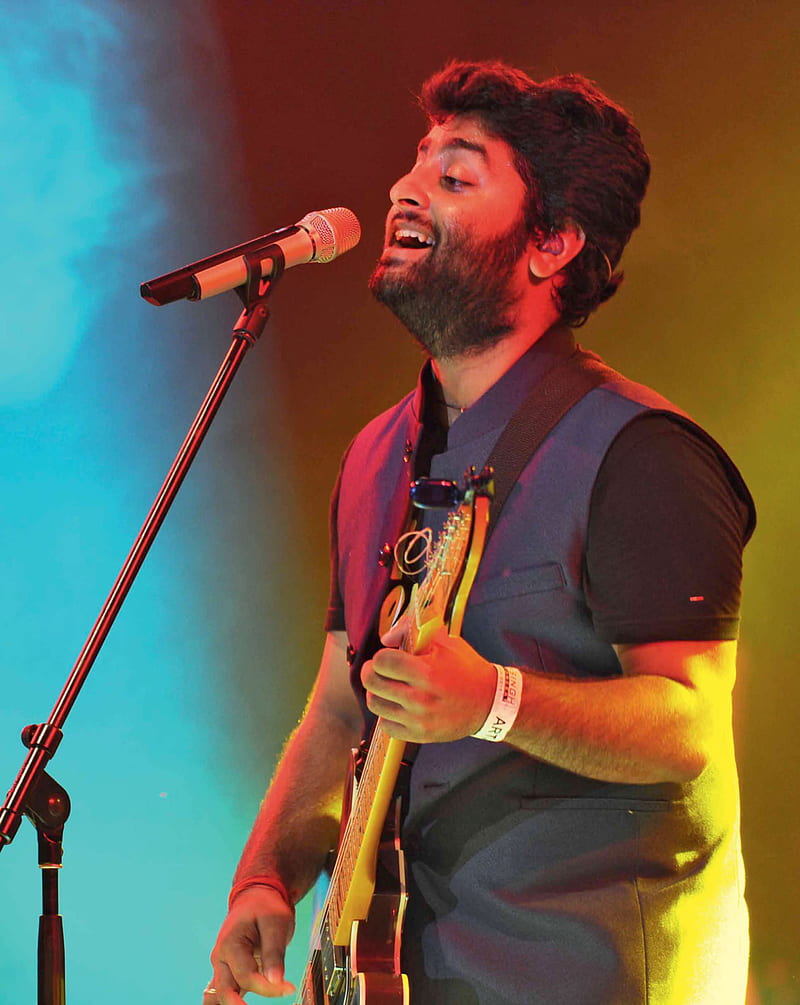Human sexuality is the way people experience and express themselves sexually. This involves biological, erotic, physical, emotional, social, or spiritual feelings and behaviors.
Because it is a broad term, which has varied with historical contexts over time, it lacks a precise definition.
It’s Not Just a Phase
A survey for LGBT Youth Scotland revealed that the average time a young person takes from realizing they are lesbian, gay, bisexual, and transgender (LGBT) to telling someone is three and a half years.
This means a young person may have spent almost a quarter of their life getting to the point of opening up to someone.
It’s not. Sexuality is a part of who someone is and they need to be respected and accepted for who they are with immense love, instead of being in the delusion that one day it’s going to get over.
Gender Does Not Decide Sexuality
It’s a common misconception that gender identity and sexual orientation are connected. If someone is transgender, for example, many people automatically assume that they must also be gay.
That, however, is not the case. Gender and sexuality are different, and it’s an important distinction to understand. The misconception that gender and the sex assigned at birth are the same, needs to go. They can differ as gender is a self-identity that develops.
Secondly, one’s gender does not decide what their sexuality is. Sexuality or physical attraction is a result of various reasons and gender may or may not be one of them.
Gender identity is defined by the Human Rights Campaign as the “innermost concept of self as male, female, a blend of both or neither – how individuals perceive themselves and what they call themselves.”
It can mirror what a person was assigned at birth, or be entirely different. There are dozens of genders, outside of just man or woman, that people can identify with.
Life Becomes Much More Difficult As a Queer Person
While marriage perhaps seems to be the most visible issue nationally, it is not the only issue facing the LGBTQ community – from employment discrimination to homelessness, to the right to use the bathroom that matches your identity – the fight for true equality still has many battles ahead.
Like winning marriage equality, it will take everyone to make culture and country more inclusive and tolerant. But for many folks, particularly cis-hetero folks, it can be hard to figure out what to do, where to start, and how to be involved in a movement that isn’t directly about you.
The good thing is there are a lot of things that can be done to help equality move forward, beginning with the mini battles and micro-aggressions close to home.
Historical Background
The notion that being gay, lesbian, or bisexual is a psychological disorder was discredited by the American Psychological Association and the American Psychiatric Association in the 1970s.
Today, words such as "deviant," "diseased" and "disordered" often are used to portray LGBT people as less than human, mentally ill, or as a danger to society. Words such as these should be avoided in stories about the gay community.
If they must be used, they should be quoted directly in a way that reveals the bias of the person being quoted.
Sexuality Isn’t Some Disease to Be Cured
By the end of the 19th century, medicine and psychiatry were effectively competing with religion and the law for jurisdiction over sexuality. As a consequence, discourse about homosexuality expanded from the realms of sin and crime to include that of pathology.
Sexualities that are not heteronormative are not something that one should be ashamed of. The use of so-called corrective measures which are a kind of assault, or so-called remedies is very problematic and it’s one of the worst things that a parent could do to their child.
Sexuality Is Not Permanent
“Sexuality is fluid. You just go with the flow.” -Shane McCutcheon
Sexual fluidity can occur in people who are definitively heterosexual or homosexual but simply experience a change in their sexual response. For example, you may have a preference for a more feminine type of person, but then discover someone who pushes your buttons in a new and exciting way.
Sexual fluidity and even gender fluidity are real. People may experience a change in their sexual orientation and it is normal as having one sexual orientation for the entire life. Sexual fluidity needs to be normalized.
There Is Nothing Deviant or Obscene About One’s Sexuality
Gender and sexuality are a spectrum and it’s a person’s basic human right to respectfully live with it. It’s not abnormal. People can have sexual partners across genders or have no sexual partner at all and it is completely fine.
Preventing Oneself From Using Queer Community’s Names as Slurs
In India, homophobic and transphobic terms are often thrown around loosely under the guise of 'humor' or 'friendly bullying.'
For a country that finally abolished a law criminalizing gay intercourse only two years ago, India remains massively backward at giving members of the LGBTQ+ community basic respect.
Name-calling and using such terms to describe someone's actions or intentions under the garb of 'gay' is homophobic.
Written By - Jibita J. Binnu
Edited By - Nandita Singh









Social